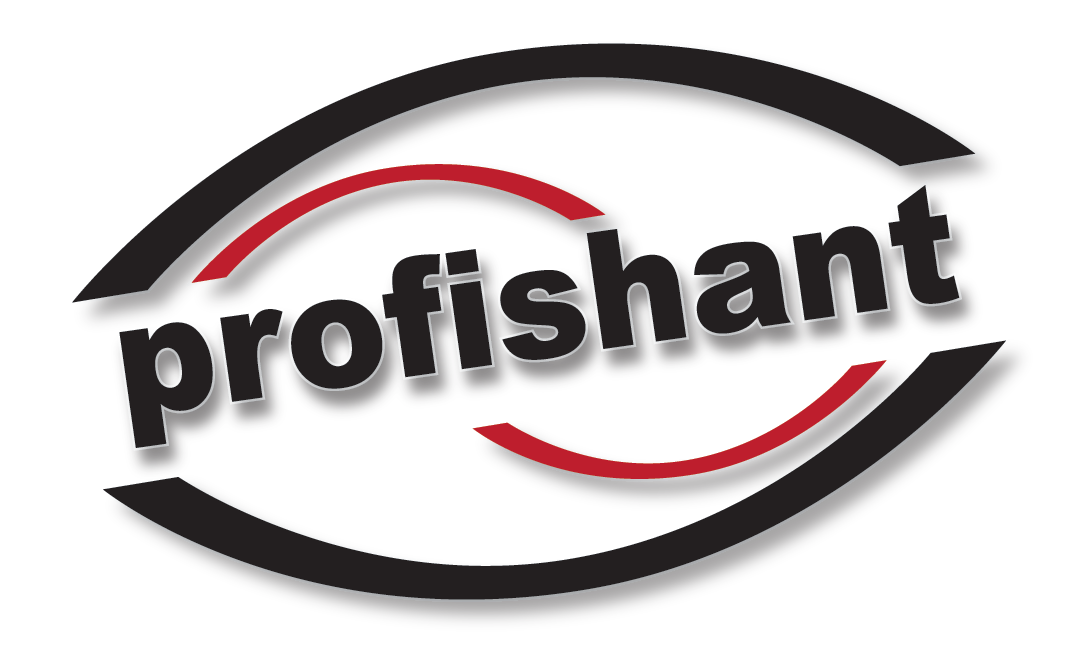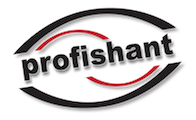What’s the Difference?
Cross Contamination vs. Cross Contact
What is the difference between cross contamination and cross contact?
Allergen handling has become an increasingly more important aspect when it comes to food now a day. There is an estimated 32 million people in the United States living with a food allergy. That is equivalent to roughly 10% of our population, and around 10 times more than what was reported merely 35 years ago. The severity of allergens is also getting worse, with the number of anaphylactic shock cases increasing over the past 20 years.
When it comes to allergens, you may have heard the term “cross-contamination.” There is also a term called “cross contact.” These two terms are often confused and used incorrectly. Let’s take a look at what the definitions of these terms are and some examples of each.
- Cross-Contact – This occurs when a food allergen (i.e. Fish) touches another food (i.e. Vegetables) and their respective proteins mix, thereby transferring the allergen to the non-allergen food. *The proteins are hard to see with the human eye.
- Cross Contamination – happens when a virus or bacteria is unintentionally transferred from one product to another, making the product not food safe.
An example of cross contact would be if someone has a fish allergy and they order some scallops, however, the scallops were on the table next to the scallops, touching some of the scallops. This is an example of cross contact. Allergens are proteins and cannot be wiped off or even cooked out. Once the product has come in contact with the allergen, it cannot be undone.
An example of cross contamination would be if you were to be cutting chicken (containing Salmonella) on a cutting board before cooking it, and then without washing, rinsing and sanitizing the cutting board or knife, you cut vegetables on the same cutting board. Unlike cross contact, cooking the product can eliminate the contaminant.
Hopefully my explanation has helped clear up any confusion you may have had. If you would like to discuss this more in depth, feel free to contact me at [email protected]. I am always here for your food safety needs!
Article Written By:
Justin Miller
Former Food Safety Consultant
profishant, inc.

